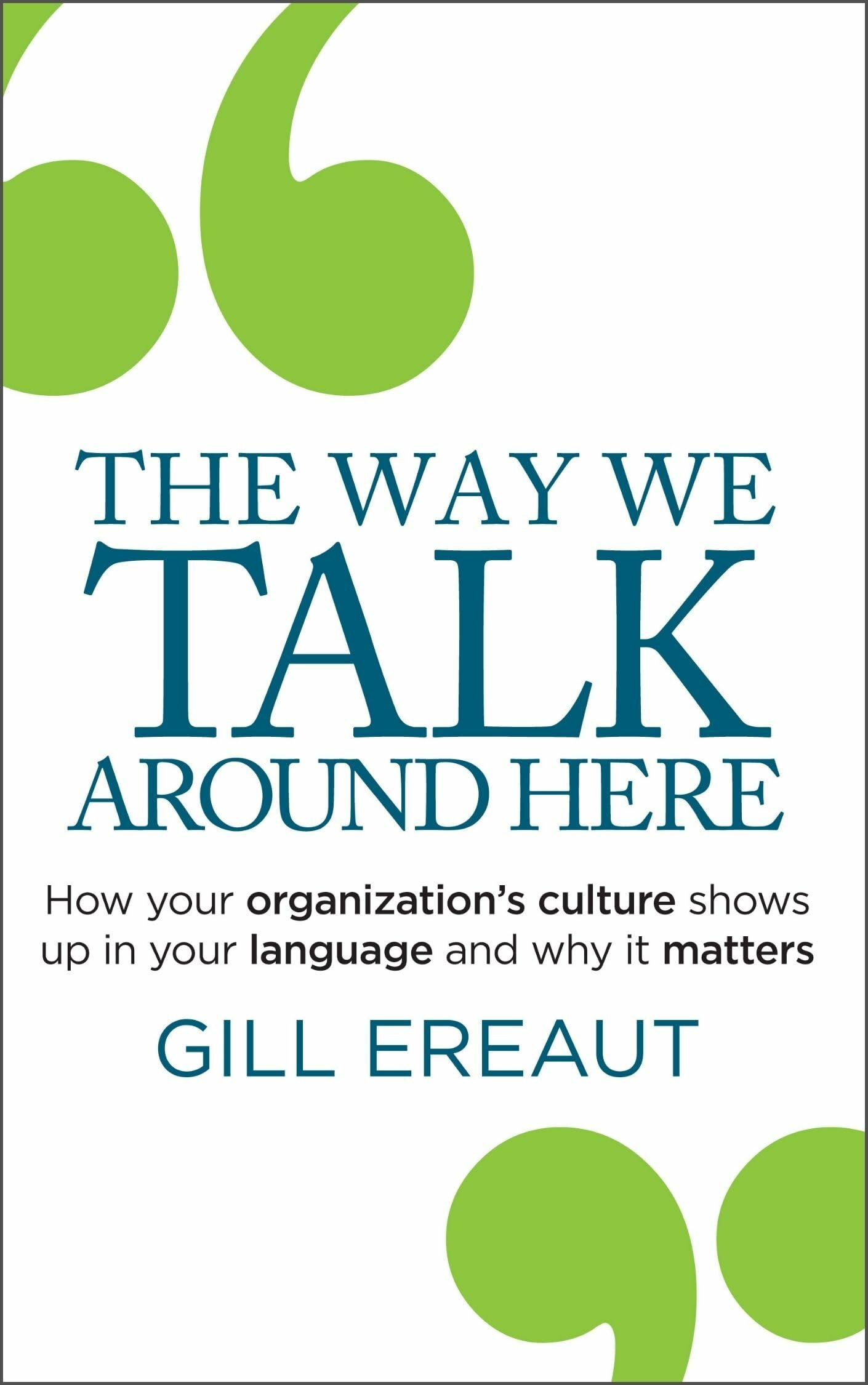
Workplace culture is one of the most nebulous concepts in business. Over the decades, so much has been written its impact on profits and performance, yet it remains tricky to define. As John Amaechi OBE succinctly wrote, “Culture is impossible to define. It’s like smoke. You know it’s there, but it’s impossible to grasp.”
Hardly surprising then, that most organisations struggle to appreciate the delicate nuances of culture. All too often it’s thought of as something tangible to be ‘managed’ and reshaped as required via some kind of top-down mandate.
Gill Ereaut has spent her career pioneering the commercial application of language and discourse analysis. Her new book The Way We Talk Around Here explores the way organisational language and workplace conversations shape culture. As she says, ‘language is the data of culture.’
We know routine and repetitive business tasks are ripe for automation. This will, it is hoped, free up time for people at work to find novel ways to deliver strategic value.
For those whose work entails enabling people and performance, understanding how choice of language shapes stakeholder behaviour presents a groundbreaking opportunity. With misunderstanding and disinformation at their highest in decades, Ereaut’s book makes essential reading for anyone invested in creating better places to work.





